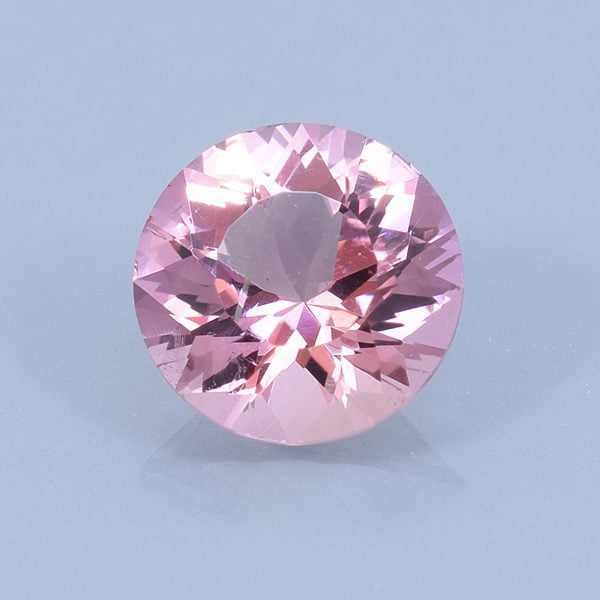Refractometer Guide, Part 3: Determining Optic Character and Recognizing Optic Effects
Learn how to determine a gem’s optic character with a refractometer and identify optical effects you may encounter during gem identification tests.
4 Minute Read
Before learning to determine optic character, be sure to review our article on using a refractometer to determine the RIs of faceted gems. You should be familiar with the instrument, procedures, and testing terminology.
Optic Character
There are five possible optic characters:
- Uniaxial positive
- Uniaxial negative
- Biaxial positive
- Biaxial negative
- Without sign
You can usually ascertain the optic character of a gem from the notes you took while testing it for double refraction. Interpret the results as follows.
Uniaxial
The gem is uniaxial if both refractive indices (RIs) remain the same in each position or if one RI remained the same and the other varied. While doing this, you should have found a position with only one RI.
If you didn’t find a place where there was only one RI, you’ll have to test the stone again on another facet. The gem won’t rest on another facet as easily as it does on its table. You’ll have to hold the facet against the hemicylinder to do this. (Be very careful not to scratch your hemicylinder! Remember to shield it from extraneous light with your free hand, too).
If…
Donald Clark, CSM IMG
Donald Clark, CSM founded the International Gem Society in 1998. Donald started in the gem and jewelry industry in 1976. He received his formal gemology training from the Gemological Institute of America (GIA) and the American Society of Gemcutters (ASG). The letters “CSM” after his name stood for Certified Supreme Master Gemcutter, a designation of Wykoff’s ASG which has often been referred to as the doctorate of gem cutting. The American Society of Gemcutters only had 54 people reach this level. Along with dozens of articles for leading trade magazines, Donald authored the book “Modern Faceting, the Easy Way.”
Related Articles
How to Build a Home Gemology Laboratory
Using a Reticle: A Guide for Gemologists
The Microscope: A Guide for Gemologists
Product Review: Duplex II and Rayner Dialdex Refractometers
Latest Articles
800 Years of Mogok: A Celebration in Tenuous Times
What is the Average Gemstone Faceting Yield?
Pyroxmangite Value, Price, and Jewelry Information
How to Identify Emerald Simulants and Synthetics
Never Stop Learning
When you join the IGS community, you get trusted diamond & gemstone information when you need it.
Get Gemology Insights
Get started with the International Gem Society’s free guide to gemstone identification. Join our weekly newsletter & get a free copy of the Gem ID Checklist!
